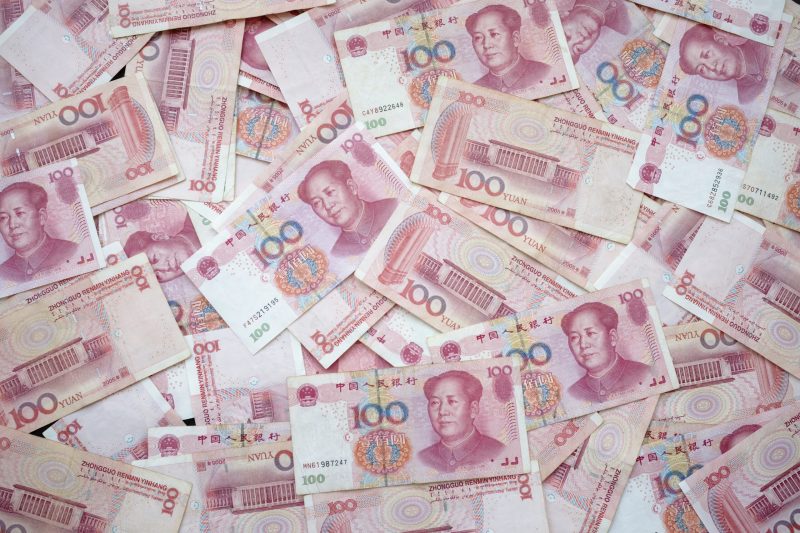The People’s Bank of China (PBOC) plays a pivotal role in shaping global foreign exchange (FX) markets through its daily yuan fixing mechanism.
By establishing a central parity rate for the USD/CNY pair each morning, the PBOC not only influences the yuan’s valuation but also sends ripples through international markets, particularly those of Asia.
As China cements its position as the world’s second-largest economy and a potential rival to the US dollar in global trade, the dynamics of its currency management strategy have become increasingly consequential for traders, investors, and policymakers worldwide.
Why does yuan fixing matter for global markets?
The Chinese yuan’s growing prominence in global FX markets stems from its expanding role in international trade and finance.
According to the Bank of International Settlements (BIS), the yuan’s share of global FX turnover surged from 4% in 2019 to 7% in 2022, elevating it to the fifth most traded currency.
Source: Forex.com
The USD/CNY pair now ranks as the fourth most traded globally, trailing only EUR/USD, USD/JPY, and GBP/USD.
Unlike freely floating currencies, the yuan operates within a controlled framework.
Each trading day, the PBOC sets a “fix” or midpoint for the USD/CNY exchange rate, allowing market movements of up to 2% in either direction.
While this mechanism provides stability, it also ensures the PBOC retains control over its currency, leveraging the fix as a tool to address economic objectives and manage external pressures.
For instance, the yuan’s controlled flexibility gives Beijing the ability to counteract trade imbalances and capital outflows without fully relinquishing market influence.
Global markets closely monitor the fixing level as it provides insight into China’s economic policies and its response to domestic and international developments.
A stronger-than-expected fix can signal the PBOC’s intent to curb depreciation pressures, whereas a weaker fix might suggest prioritising export competitiveness.
How does PBOC manage market forces?
Despite increased flexibility in yuan trading, the PBOC’s approach to managing market expectations remains robust.
In periods of significant depreciation, such as in late 2023 and early 2024, the PBOC consistently set stronger-than-expected fixes to counteract downward pressure.
This intervention, often supported by state banks selling dollars in the open market, highlights China’s commitment to maintaining relative stability in its currency.
The PBOC also holds substantial foreign exchange reserves—standing at $3.225 trillion—providing a financial buffer to resist unwanted market movements. However, there are limits to how long these strategies can be sustained.
In 2015, the central bank’s decision to devalue the yuan by nearly 2% caught markets off guard, triggering global volatility and escalating tensions with the US.
This move underscored the PBOC’s willingness to prioritise economic stability over immediate market reactions, even at the cost of diplomatic fallout.
Source: Forex.com
The ripple effects of yuan volatility
Changes in the yuan’s valuation extend beyond China’s borders, impacting currencies across Asia and the broader global FX ecosystem.
A weaker yuan often strengthens the US dollar, exerting downward pressure on emerging market currencies that rely on trade with China.
Conversely, a stronger yuan can ease dollar strength, benefiting currencies in the region.
China’s fixing decisions are particularly significant given the yuan’s growing use in trade settlements and its inclusion in the International Monetary Fund’s Special Drawing Rights (SDR) basket.
This dual role—as a regional anchor currency and an emerging global reserve currency—amplifies the influence of the PBOC’s daily fix.
Looking ahead, the yuan’s trajectory will likely hinge on multiple factors, including China’s economic recovery, ongoing trade tensions with the US, and Beijing’s efforts to internationalise its currency.
Any major devaluation, akin to the 2015 episode, could disrupt global markets, intensifying volatility in FX trading.
The post How does PBOC’s yuan fixing impact global FX markets? appeared first on Invezz


